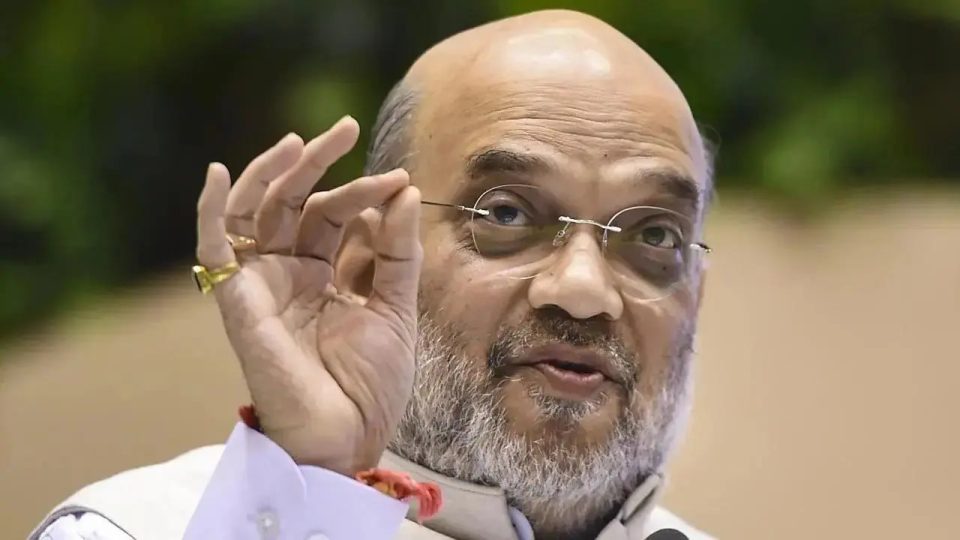The political landscape in Bihar has witnessed a dramatic turn of events, raising questions about the consistency and reliability of statements made by Union Home Minister Amit Shah. In a fiery public meeting in Nawada on April 2, 2023, Shah emphatically declared that the doors of the Bharatiya Janata Party (BJP) were “shut forever” for Chief Minister Nitish Kumar. He went on to dismiss any aspirations Kumar may have of becoming the Prime Minister, asserting that there was “no vacancy” for the coveted position.
Shah’s statements, made with conviction and clarity, set the tone for the political dynamics in Bihar. However, the recent turn of events on January 28, 2024, paints a different picture. Nitish Kumar, after severing ties with the opposition alliance, including Lalu Prasad Yadav’s RJD and the Congress, has now joined hands with the BJP-led National Democratic Alliance (NDA) to become Bihar’s Chief Minister for the ninth time.
The contradiction between Shah’s earlier proclamation and the subsequent alliance with Nitish Kumar raises questions about the value of political statements and the consistency of political leaders’ words. The notion that the doors were “shut forever” seems to have been reconsidered, leading to the collaboration with Nitish Kumar, a move that has left many perplexed.
The fluidity and realignments in Bihar’s political landscape, evident in Nitish Kumar’s shifting alliances, highlight the complex nature of coalition politics. Shah’s earlier assertion, made with certainty, now appears to have been overridden by the strategic considerations of political dynamics.
Critics argue that Shah’s statements, meant to be definitive, have now been undermined by the alliance with Nitish Kumar. The question arises: does Shah’s tongue hold no value in politics, or is this a strategic maneuver in the ever-changing chessboard of Indian politics?
Amit Shah’s credibility and the perceived discrepancy between words and actions may become a subject of scrutiny. While political pragmatism often involves strategic shifts and alliances, the stark contrast between Shah’s earlier statement and the subsequent collaboration with Nitish Kumar invites skepticism.
As Bihar steps into a new phase of governance under Nitish Kumar’s leadership with BJP’s support, the political fraternity and observers are left pondering the intricacies of political rhetoric and its endurance in the face of strategic political realignments. Amit Shah’s role in this unfolding political drama raises questions about the enduring impact of statements in the ever-evolving world of Indian politics.

